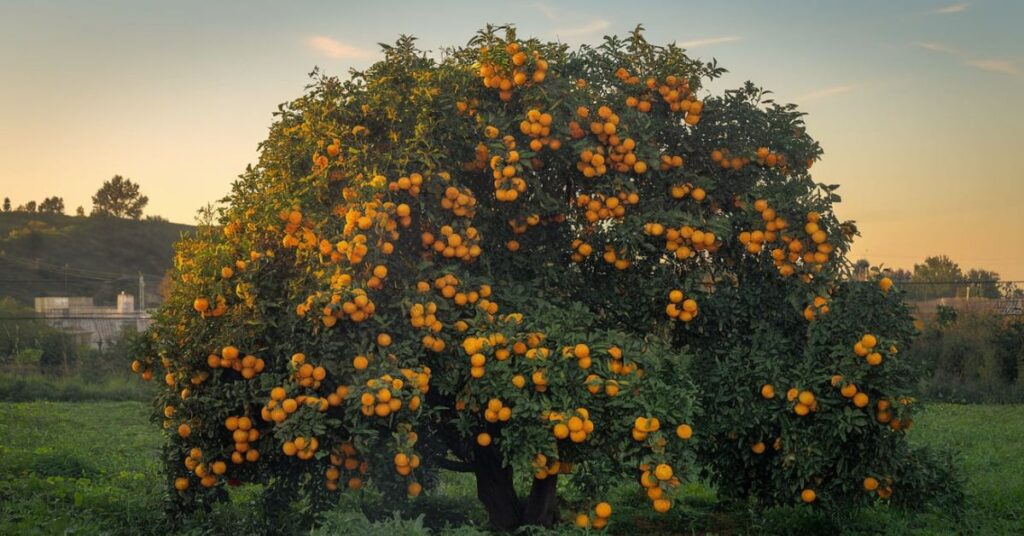Orangia is an intriguing and mysterious subject that has captivated scholars as well as historians and fans alike. The mythology of the landscape, a philosophical notion or a physical location that has historic significance—the fundamentals of Orangia is deeply embedded in narratives about culture and debate. This article explores the origins of the concept, its impact on culture and significance in current debates.
Origins and Etymology
The word “Orangia” has been associated with different interpretations, typically linked to historical linguistics as well as folklore. The word itself seems to be a blend of elements that are derived from old dialects, possibly being influenced through Latin, Persian, or indigenous languages. Certain scholars believe the idea that “Orangia” originates from a combination of words that refer to vitality, lightness, or citrus fruits, especially the orange, which is a symbol of warmth and prosperity.
In addition, Orangia has been linked to mythical stories from ancient civilizations. Certain texts refer to Orangia as a utopian place or a place of peace, while others describe it as a secret kingdom that has high-level skills and knowledge. The wide range of interpretations underscores the mysterious appeal of this land.
Cultural Significance
Orangia has played a significant part in the world of art, literature and mythology. A variety of cultural artifacts as well as historical documents indicate that it was considered the place of wisdom as well as creativity and prosperity. The most common themes related to Orangia are:
A land of abundance: Often depicted as paradise, Orangia is a symbol of a place that is a natural paradise, providing the food and resources to the people who live there.
The Hub of Knowledge: There are a few theories that claim the possibility that Orangia was a place for philosophers, scholars, and visionaries, akin to mythical cities such as Atlantis as well as Shangri-La.
A symbol of transformation: Many literary works make reference to Orangia as a symbol of the transformation of society and individuals that is similar in those of the Renaissance and that of the Age of Enlightenment.
Historical Perspectives
While the exact location of Orangia is still debated, a variety of evidence from history indicates that similar regions could have inspired the legend. Certain medieval maps contain references to areas that are similar to the description of Orangia that are located in various regions of the globe all the way starting from the Mediterranean up to Southeast Asia.
In addition, the notion of Orangia coincides with legends of forgotten cities, utopias, and even lost civilizations. This reinforces the idea that it may have been a metaphorical idea instead of a physical place. Stories of travelers who encounter societies with high-tech and peaceful living frequently have parallels to the themes that are associated with Orangia.
Modern Interpretations
In modern times Orangia is still capturing the imagination of writers and creatives. It has been mentioned in various ways, such as:
Fiction and Literature: Writers have drawn inspiration from the Orangia region to create stories that explore themes of wisdom and adventure, as well as the search for an ideal society.
Philosophical and spiritual discussions: Modern spiritual and philosophers interpret Orangia to mean a state of being, or an aspirational attitude rather than a physical space.
Media and Art: The aesthetics and symbolism of Orangia have had an impact on visual storytelling, and media representations.
The Relevance of Orangia Today
In a time of rapid change and challenges across the globe, the notion of Orangia is a symbol of hope and possibilities. It motivates societies and individuals to work towards an ideal future that is balanced between understanding harmony, harmony, and wealth. It can be viewed as a mythical utopia, an historical mystery or a philosophical aspiration, Orangia continues to inspire and spark thoughts.
Conclusion
Orangia is a timeless and broad concept that transcends space and time. The fact that it is an image of wisdom, abundance, and change ensures that it will continue be the subject of interest and scholarly research. Whatever the case Orangia’s spirit is still alive within the consciousness of all people, encouraging people to imagine, investigate and work towards the creation of a better world.



